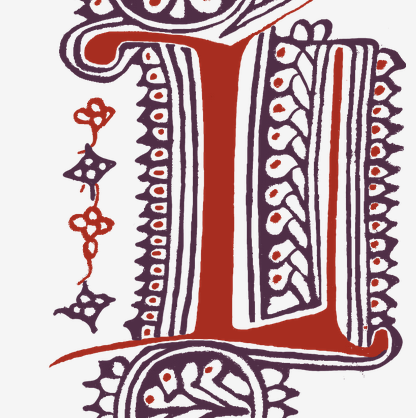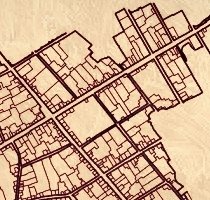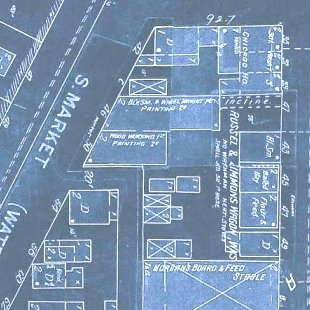DH @ W&L
Regional Symposium at Scholars' lab March 9, 2018 Mackenzie Brooks // Digital Humanities Librarian
About W&L
-
small liberal arts college -
1900 undergraduates -
~14 librarians

DH @ W&L
-
2012 - conversations
-
2013 - new librarians + formal structure
-
2013 - ACS grant with UVA
-
2014 - first DH 101 course
-
2015 - Mellon grant (4 years)
-
2018 - minor?!
http://digitalhumanities.wlu.edu
@WLUDH

In ten years, digital humanities projects will be so diffused throughout the curriculum that they no longer look experimental; they gain broad acceptance as a legitimate mode of student work. Student transcripts contain links to their DH projects as part of demonstrated student learning outcomes. Our liberal arts grads possess not only information fluency, but the craft skills to make and manipulate digital artifacts. Parsing large data sets in easily visualized and nuanced ways becomes a normal skill of our humanities grads, along with writing and critical thinking.
- Suzanne Keen, Dean of the College, 2014
Our Model
Digital Humanities Committee
-
sets the vision -
faculty + library faculty + academic technologists
Digital Humanities Action Team
-
consults on digital pedagogy + research -
librarians + academic technologists

Mellon Grant

-
DH Studio = curriculum -
DH Fellow position -
Incentive grants -
Undergraduate Fellowship -
Summer research funding -
Speaker series -
Teaching assistance from UVA -
DHSI attendance -
Student professional development



Huon d'Auvergne Digital Edition
Florence As It Was
Ancient Graffiti Project
Understanding Human Trafficking

Curriculum
-
Introduction to Digital Humanities
-
Data in the Humanities
-
Programming for Non-Programmers
-
Born Digital Archives
-
Public Writing
-
Innovations in Publishing
-
Communication through the Web
-
Scholarly Text Encoding

Going Forward
-
Digital Culture and Information minor
-
Space!
-
Continuing and expanding collaboration

An interdisciplinary program in Digital Culture and Information (DCI) allows students to deeply explore how the digital age impacts knowledge and society. Students will discover how software transforms information into valuable resources as well as the dangerous potential of algorithmically biased tools. Through courses that integrate theory with hands-on practice, students will develop creative projects that demonstrate their emerging expertise in digital media...The course of study nurtures critical reflection on the underlying structure of technology and not merely technical proficiency. A minor in Digital Culture and Information provides the foundation for a career in any field and for life as an informed citizen in a digital society.
